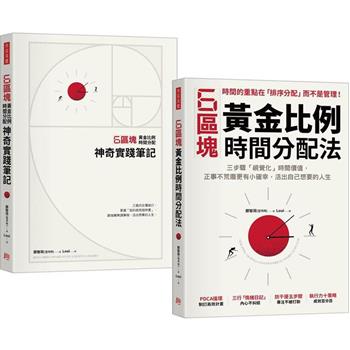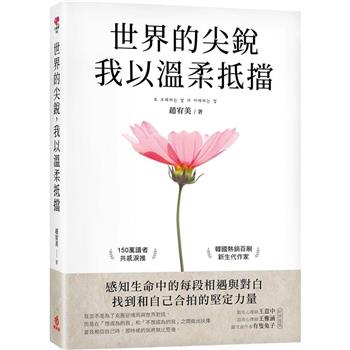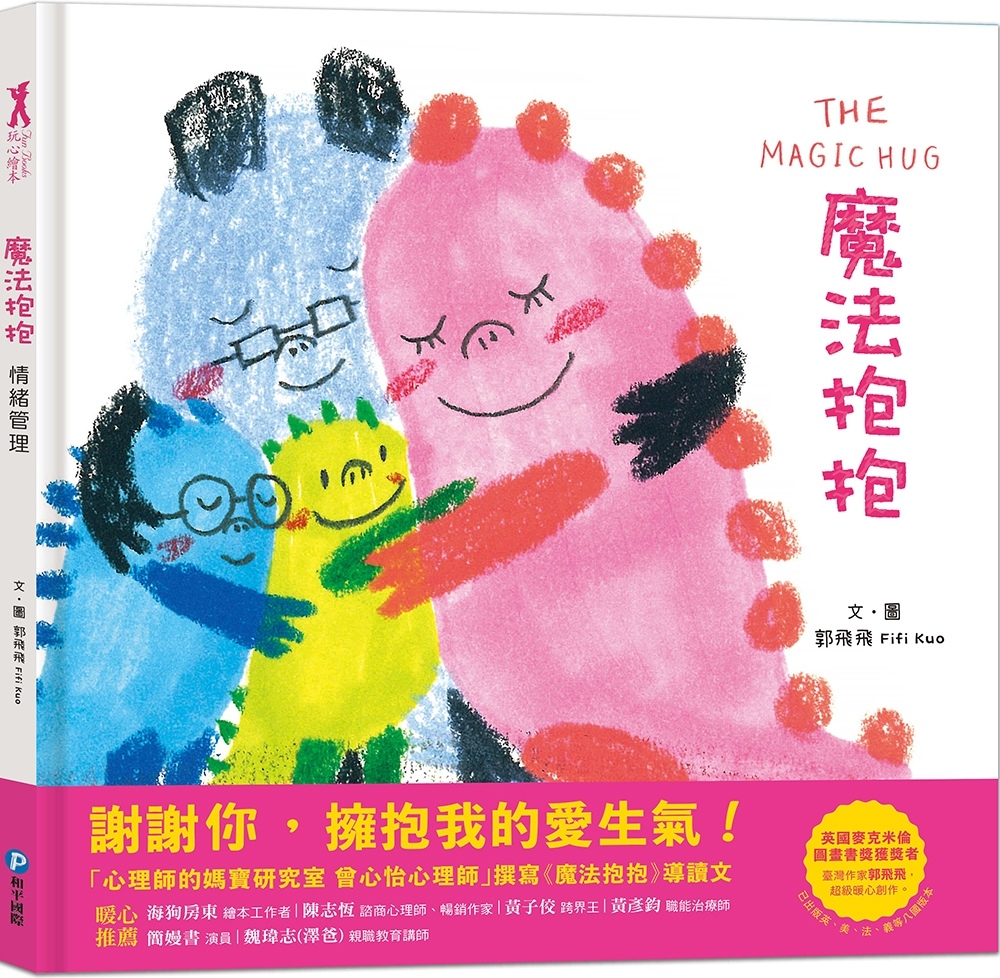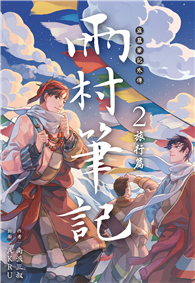In "Bacon’s Dial in Shakespeare: A Compass Clock Cipher," Natalie Lord Rice Clark delves into the intriguing theory that Sir Francis Bacon was the true author of William Shakespeare’s works. Published in 1922, this book presents a detailed examination of alleged ciphers and hidden messages embedded within Shakespeare’s plays, specifically focusing on the concept of a ’dial’ or compass clock cipher.
Clark meticulously analyzes Shakespearean texts, seeking to uncover Bacon’s purported authorship through the lens of coded language and symbolic representation. This work offers a unique perspective on the Shakespeare authorship question, appealing to readers interested in literary mysteries, historical conspiracies, and the enduring debate surrounding the identity of the Bard.
Whether you are a seasoned Shakespeare scholar or a curious newcomer, "Bacon’s Dial in Shakespeare" provides a fascinating exploration of a controversial theory that continues to captivate and challenge conventional literary interpretations.
This work has been selected by scholars as being culturally important, and is part of the knowledge base of civilization as we know it. This work was reproduced from the original artifact, and remains as true to the original work as possible. Therefore, you will see the original copyright references, library stamps (as most of these works have been housed in our most important libraries around the world), and other notations in the work.
This work is in the public domain in the United States of America, and possibly other nations. Within the United States, you may freely copy and distribute this work, as no entity (individual or corporate) has a copyright on the body of the work.
As a reproduction of a historical artifact, this work may contain missing or blurred pages, poor pictures, errant marks, etc. Scholars believe, and we concur, that this work is important enough to be preserved, reproduced, and made generally available to the public. We appreciate your support of the preservation process, and thank you for being an important part of keeping this knowledge alive and relevant.

 共
共 









